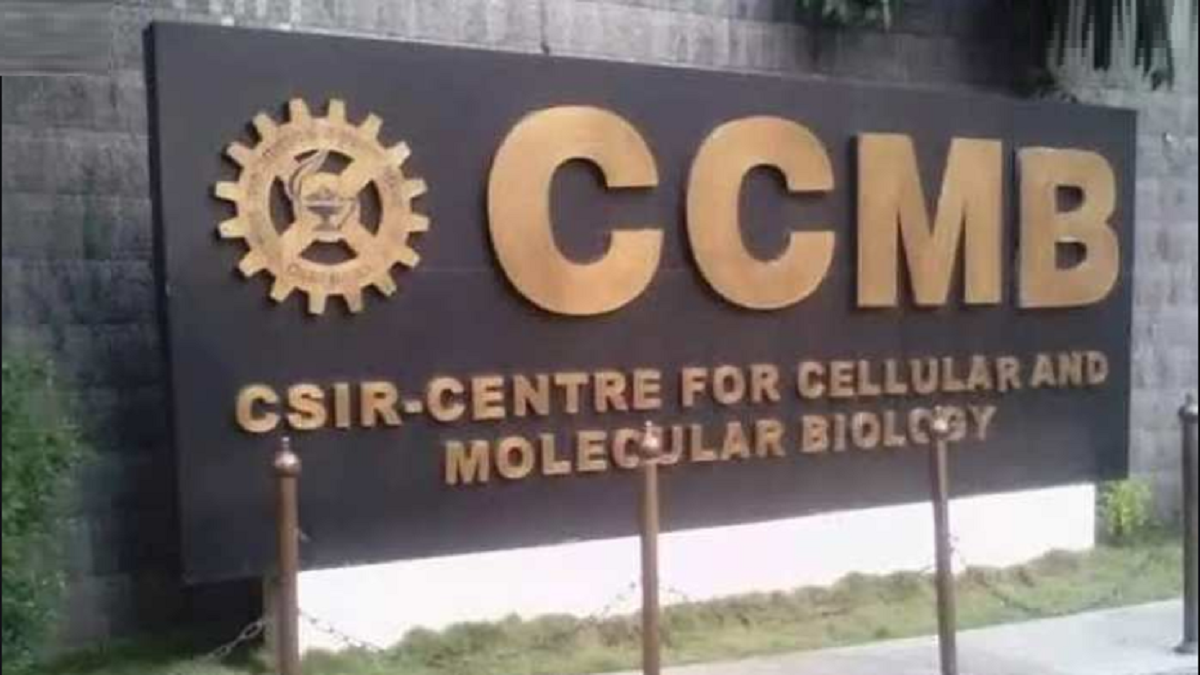A press release from the Centre of Cellular and Molecular Biology (CCMB) has stated that a study conducted by top scientists has projected roughly 6 lakh Covid-19 cases in Hyderabad, which is more than 6 times the number of cases which have been reported officially in Telangana till now.
This study has also revealed that most of the cases are asymptomatic. The study, which was done by CSIR-CCMB and CSIRIICT, checked sewage water at sewage water plants of the Greater Hyderabad Municipal Corporation. It has shown that the novel coronavirus is shed through faeces and provided an opportunity to use sewage or wastewater samples to estimate the spread of the infection in a given area.
The SARS-COV-2 in sewage samples is non-infectious, making them suitable for epidemiological studies. It also gives an estimate of the spread of the infection in affected areas and controlling the pandemic. “Our finding clearly indicates that a large proportion of the affected individuals is asymptomatic and did not need hospitalisation. This is also in agreement with the observation that hospitalisation rush or mortality is way lower than otherwise expected with such a large infection rate at a given time. It explains why our healthcare system has been able to handle reasonably well the situation during the pandemic. Such studies, if carried out in coordination with civic bodies to identify the hotspots in the city and monitor the dynamics of the infection rate, can assist the system in taking necessary measures,” explained Dr Rakesh Mishra, Director, CCMB.
The scientist also suggests that if such studies are done in other affected areas too then the real picture will emerge about the spread of the virus. The current study covers about 80% of the total sewage treatment plants in Hyderabad and has revealed that there are nearly 2 lakh people who are shedding viral materials. Since only 40% of Hyderabad’s sewage reaches these plants, this data can be used to extrapolate the overall number of potentially infected people, which turns out to be approximately 6 lakhs, that is, around 6% of the city’s population — which includes symptomatic, asymptomatic and recently recovered individuals, in a time window of about 35 days. The findings are posted on the preprint server, MedRxiv, which is yet to be peer-reviewed.























